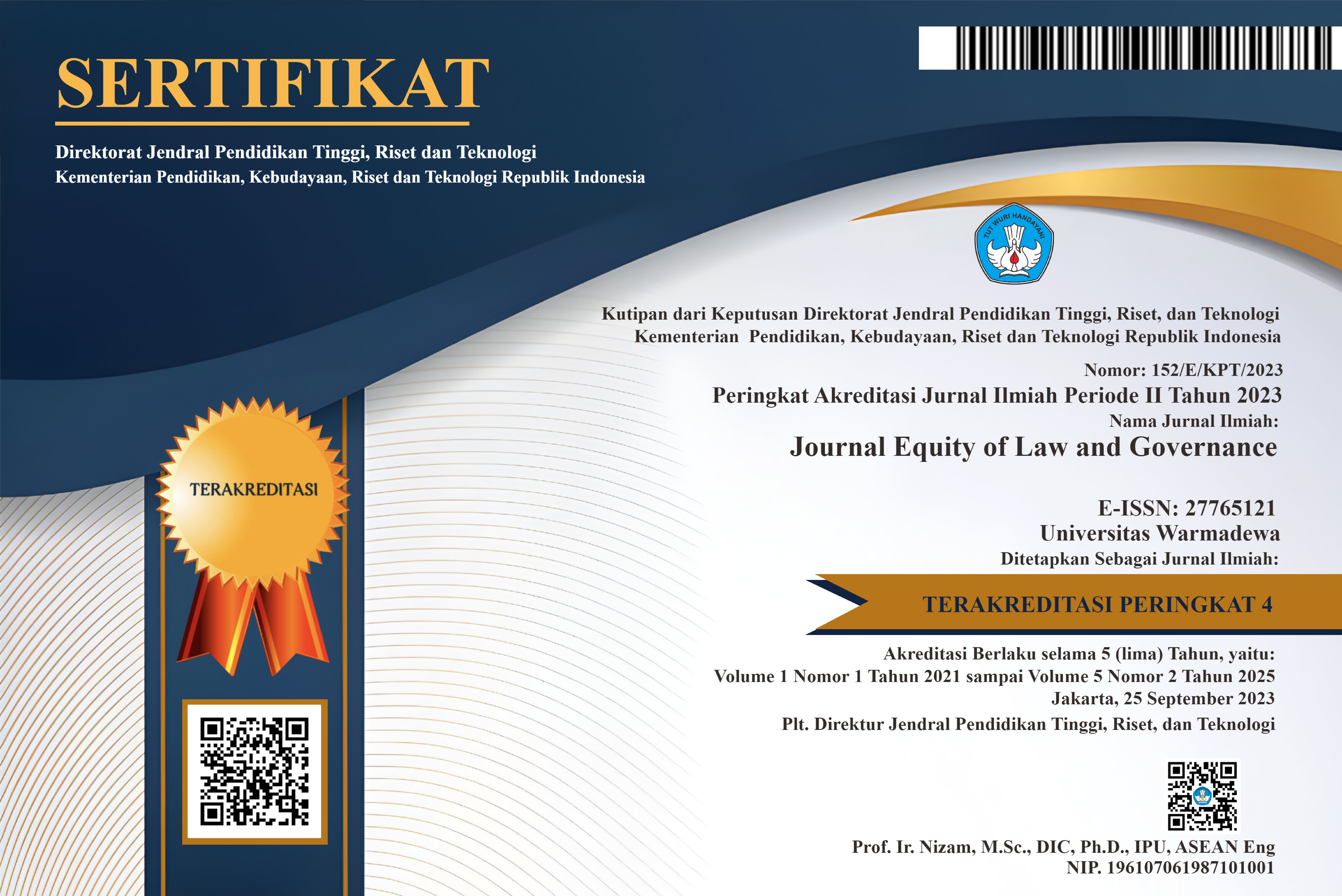The law of making Transaksi false transactions to increase the sales of the perspective of the Mufti of the Federal Territory Fatwa number 590 (Carousell Malaysia Case Study Malaysia)
Abstract
Carousell as one of the online buying and selling sites that attracts customers to make more transactions through the site. Carousell is one of the mobile classified’s applications or classified ad-based applications. Established in 2012, Carousell is one of the online shopping places headquartered in Singapore and has grown in 13 countries including Indonesia, including Singapore, Malaysia, Indonesia, Taiwan, Hong Kong and the United States. Although Carousell is applications that get welcome good in Malaysia, application This No escape from lack. The problems he faced is the seller who does transaction false with buy the goods alone, then give evaluation and comment Alone For get trust buyer. Study This done for know the legal status action This based on runway Sharia along with the conditions that limit it in accordance with the fatwa of the Mufti of the Federal Territory. Study This use approach case based on method writing data analysis for to describe related issues with action buy products sold alone, then upload review and comment as part from strategy marketing business in Islamic perspective. Material law in study This obtained with to browse primary sources and secondary from Federal Territory Fatwa No. 590 and related matters with issue study This Results study This show that action the seller who does fraud the is haram. Although action This aiming for get good rating use increase sales, business increase sale the must be in harmony with what is allowed by Sharia.
References
al, R. R. (2019). E-Commerce: Implementation, Strategy and Innovation. Yayasan Kita Menersaulis.
Ardiansyah, R. F. (2023). The Law of the Najasy Purchase and Sale Contract (Market Demand Engineering) Perspective of Imam Al-Rafi'i ( 555 H - 623 H ) and Ibn Qudamah ( 541 H - 620 H )" thesis,. Purwokerto: (State Islamic University Prof. K.H. Saifuddin Zuhri Purwokerto.
El-Qori, D. (2020). Market Place-Based E-Commerce Transactions: Between Akad Salam and Gharar Fiqh Perspective Madzhab Shafi'i. Journal of Islamic Studies, Vol.16, No. 4, 420.
Hidayatullah. (2019). & Syarif, 'Bai' Gharar's Analysis of Buying and Selling Followers on Instagram'. Jakarta: Prenamedia Group.
Hotimah, K. (2020). The Practice of Buying and Selling Without Listing Food Prices According to Fiqh Muamalah and 'Urf (Case Study of Seafood Food Stalls in Kartasura District)", Student Scientific Journal of Sharia Studies. Law and Philanthropy, 29.
(2024, January 12). Interview results, owner of an e-commers account on Carousell. (F. B. Sayuti, Interviewer)
Martini, L. K. (2022). Customer Online Customer Rating and Online Customer review on purchase decisions at modeliafashion stores on the Tokopedia Jakarta marketplace. Journal JAMAS, Vol. 4 Number 1 December, 15.
Ningsih, A. S. (2019). The Influence of Rating and Online Customer Reviews on Online Purchase Decisions on the Shopee Marketplace. Makassar: Thesis of the University of Muhammadiyah Makassar.
Ramadani, T. (2021). The Influence of Rating and Online Consumer Review on Buying Interest with Trust as a Mediator on Marketplaceshopee In the Perspective of Islamic Economics (Study on Students of Raden Intan State Islamic University Lampung), REVENU. Journal of Islamic Business Management Volume 2, No 2, 159.
Rasid, A. H. (2021, July 5). Retrieved from https://www.muftiwp.gov.my/ms/artikel/irsyad-hukum/umum/4857-irsyad-al fatwa-siri-ke-590-hukum-seller-membuat-belian-barang-sendiri-dan-membuat-review-fak.
Rohidin. (2016). Introduction to Islamic Law. Yogyakarta: Lintang Rasi Askara Books.
Wahyudi., O. w. (2000). Getting to know e-Commerce. Jakarta: Alex Media Computerndo.
 Abstract viewed = 11 times
Abstract viewed = 11 times
 pdf downloaded = 9 times
pdf downloaded = 9 times













